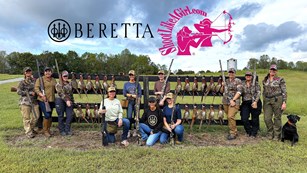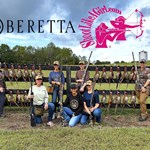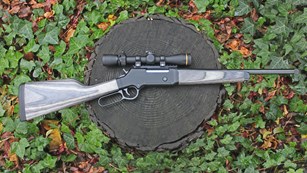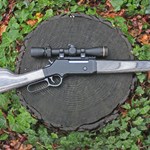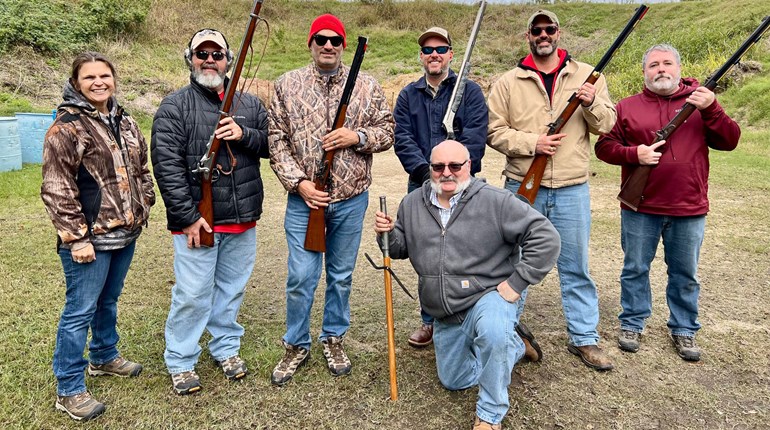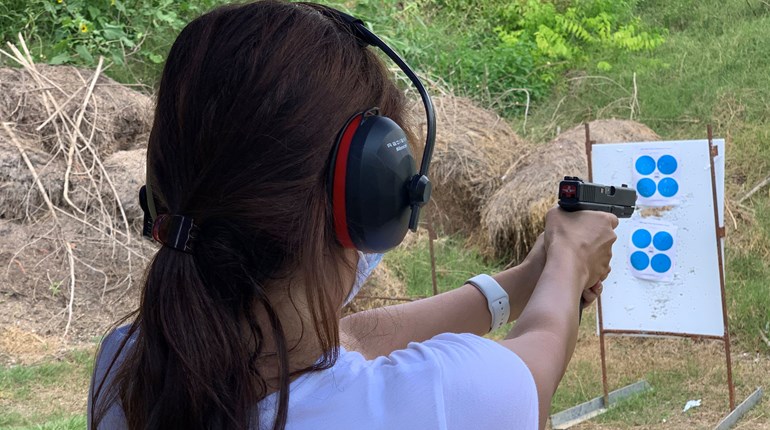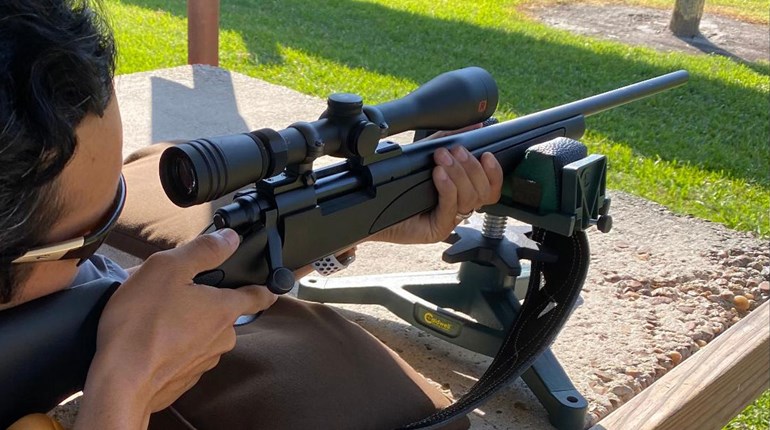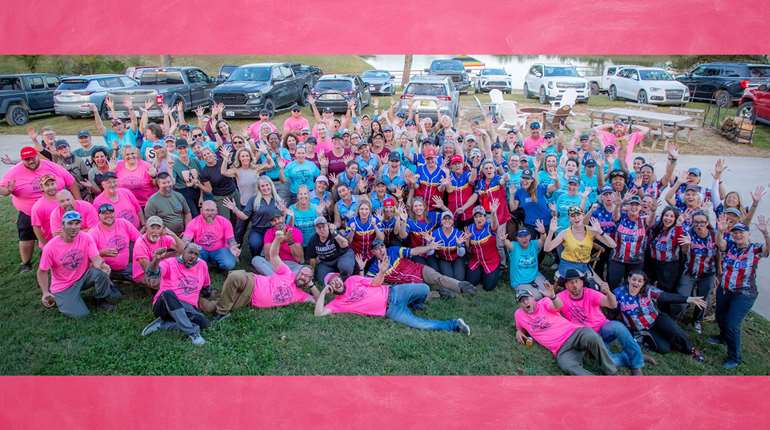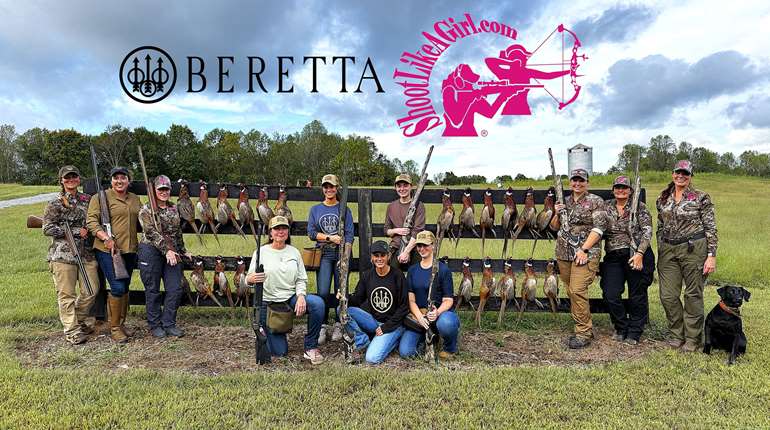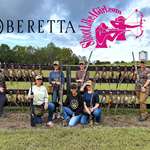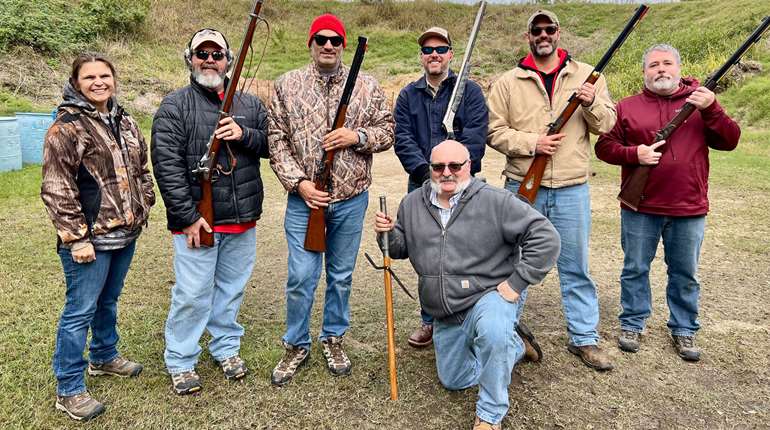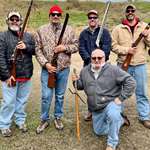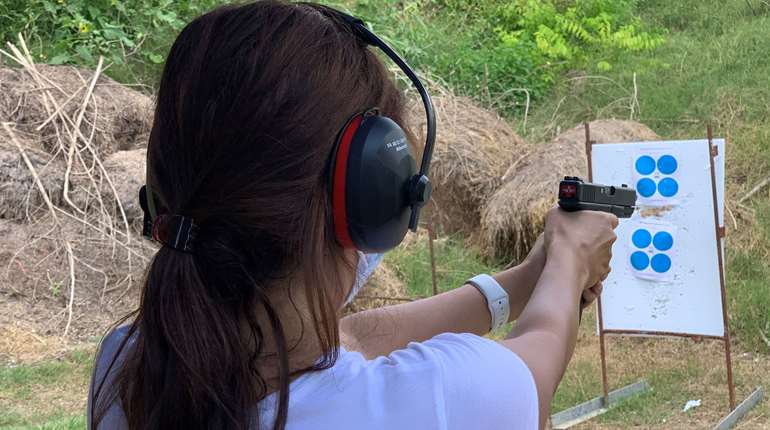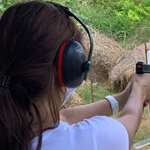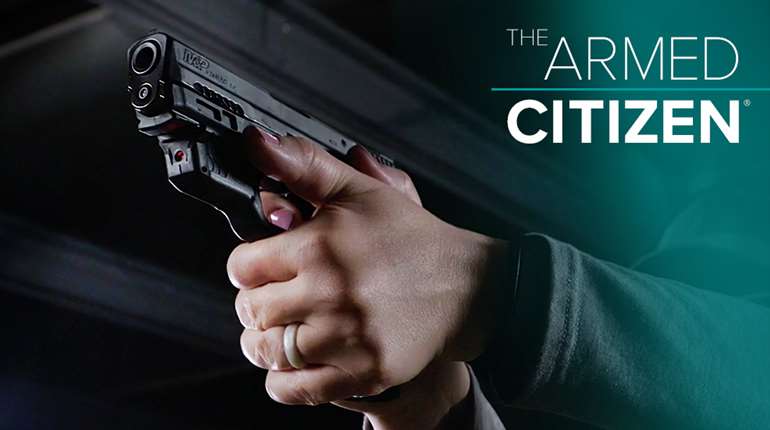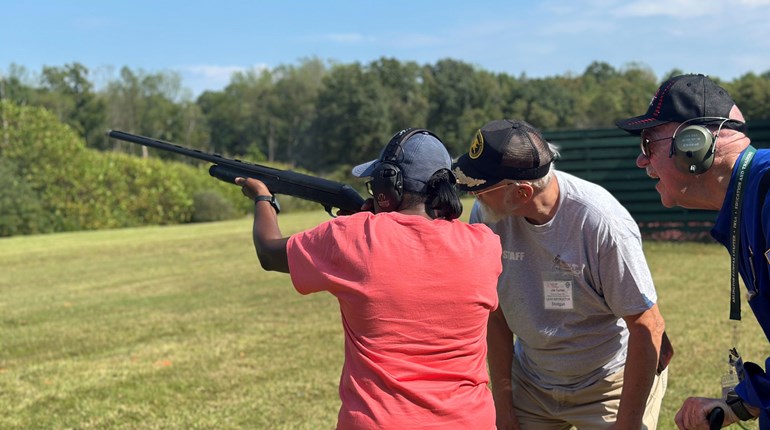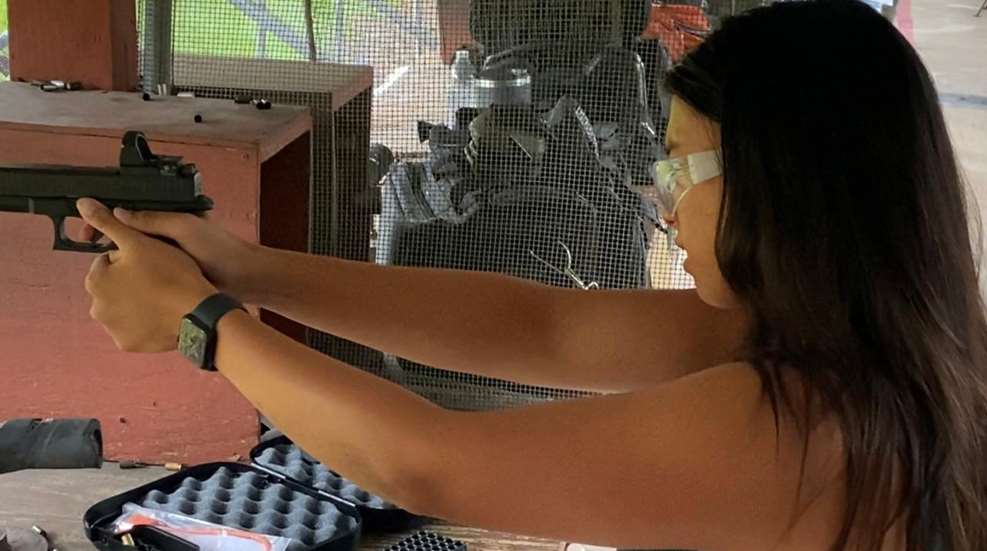
Firearms instructors everywhere will tell you that business has never been better. With crime increasing in nearly every city in the United States, gun owners are looking to become responsible for their own security and protection. NRA’s efforts in defending our Second Amendment rights is working, and more people are getting the message out that responsible gun ownership includes proper training.
But proper firearms training can be expensive, and because of the costs associated with conducting training, NRA Firearm Training Classes are no exception. It is also important to remember that you are paying for the instructor’s knowledge, experience, credentials and time. When you hire a plumber or electrician, or a golf or tennis instructor, you want someone who knows what they are doing so you feel you are getting your money’s worth.
NRA Instructors are considered the “Gold Standard” when it comes to firearms instruction. But whether you are looking for an NRA Certified Instructor or just any instructor at the local range, there are things that you can do to ensure you get quality instruction. It’s also important to understand that every instructor has his or her own style and flare, so you want to find one that is compatible with yours.
To find the right fit for you, use all the resources available to you and do not be afraid to ask questions. This includes questioning others who know the instructor as well as talking directly to the instructor. First, do your homework and research the instructors whom you are considering hiring. Next, find out the instructor’s experience, style and the classroom environment. Lastly, find out if the instructor does any community service or outreach in firearms safety or Second Amendment advocacy.
Remember, you are the client, and you are hiring an individual to teach you the proper fundamentals of shooting. You need to approach it as an interview such as hiring a contractor. Ask questions and even ask for referrals.
Do Your Homework
Do your research on a potential firearms instructor. Start with an internet search. This will reveal how active your instructor is in the shooting world. There might be praises, complaints or other types of reviews from past students. Internet searches can produce positive and negative information on a potential firearms instructor. You can also ask a potential instructor for references. A successful instructor should have no problem providing you with this information.
You can also ask around at various ranges and shooting clubs for recommendations. Local ranges are a great source of information when it comes to different instructors in the community. After all, once a student takes a training course from an instructor, they usually return to the local range to practice. Range operators not only hear feedback from students, but they often observe these students to see if they learned the proper shooting techniques. Range operators have shared stories with me that they had to help “graduates” from a particular instructor and encourage them to forget what they had been taught because it was incorrect. They had to start from scratch and teach the student the correct fundamentals of shooting.
Teaching Experience
Ask your potential instructor about his or her teaching experience. Teaching is a skill and not everyone is a teacher. Just because someone has a certificate does not mean that they can teach. We have all had good teachers and have had bad ones too. When looking for a potential instructor, do all you can to find out if they are good teachers.
Teaching experience does not only mean firearms instructing. Look at all their teaching experience on any subject or topic. Teaching experience also does not mean how many years an instructor has been teaching firearms classes. Just because an individual has been teaching for 10 years does not mean that they are a better instructor than one who has been teaching for two years. Teaching experience means that an instructor must always improve their class and stay fresh and up to date.
Teaching Styles
Teaching styles vary from instructor to instructor. Each student learns better from the instructing style that best fits his or her personality. Some instructors are laid back, some are very formal, and some are even militaristic. Each style sets a different tone for the class. If you pick an instructor whose style to which you do not subscribe, it can make for a miserable time.
Ask the instructor, point blank, how they would best describe their teaching style. Do not just ask them what their teaching style is, but ask them to describe it. You can learn a lot from how a potential instructor describes their style. If the instructor is thorough in their description, then there is a good chance they will be thorough in their teaching. If an instructor is short or abrupt and does not answer the question fully, then that might also be an indication of how they teach.
Teaching Environment
The classroom is often the first impression that many students get when they arrive. The teaching environment also can make or break the concentration of new shooters. Concentration is one of the principal tenets of the NRA regarding firearms training. The teaching environment also includes the range where live fire takes place. Do not be afraid to ask your potential instructor about the classroom and the range.
You need to ask yourself what the ideal environment is for your particular learning needs. Some things that may be important to students might be a smoke-free classroom, small classroom size, and minimal distractions on the range. Other items that may help the student learning process includes clean restrooms, an air conditioned or heated classroom, and snacks to keep the student’s concentration on the lesson.
Instructors should do their best to enhance concentration. One way is to arrange for a private range or the use of the public range during off-peak hours. An instructor who is concerned for their student’s learning will also not have distractions in the classroom. The only thing being displayed on the walls or tables should be firearm-related. The instructor should not display political signs and controversial symbols or flags that have nothing to do with firearms.
Community Service
Community service tells you a lot about your instructor. Is he or she in it for the money or do they truly care about promoting our 2nd Amendment? This equates to passion and passion is the difference between an instructor and a great instructor. If you have ever listened to someone who is passionate about a subject, you know what I mean. Passionate people are great advocates for a subject, great to learn from, and just terrific to be around!
There are many ways that an instructor can give back to their communities while being a 2A advocate. Does the instructor whom you are considering volunteer or donate his or her time with youth groups or offer complimentary gun safety training for the community? A passionate instructor will volunteer for organizations such as the Girl Scouts or Boy Scouts of America and donate their time to educate youth on gun safety and our Second Amendment constitutional rights. Instructors can also offer complimentary basic gun safety courses at certain times of the year to the members of their community. I am not talking about donating full training courses at no cost, but one- to two-hour seminars to help prevent firearm accidents. If the instructor you are considering is engaged in Second Amendment community service, you are almost guaranteed to get a passionate instructor.
Remember, you are paying for a service. You should do all you can to ensure that you are getting the right instructor for you. Most instructors are very effective in getting the information across to their students but might use different methods and styles in doing so. This means that the first instructor you talk to may not be the best fit. If you are in the market for a firearms training instructor, ask questions. If an instructor does not want to answer your questions or seems to be bothered by your inquiries, pass them up and look for someone else.








